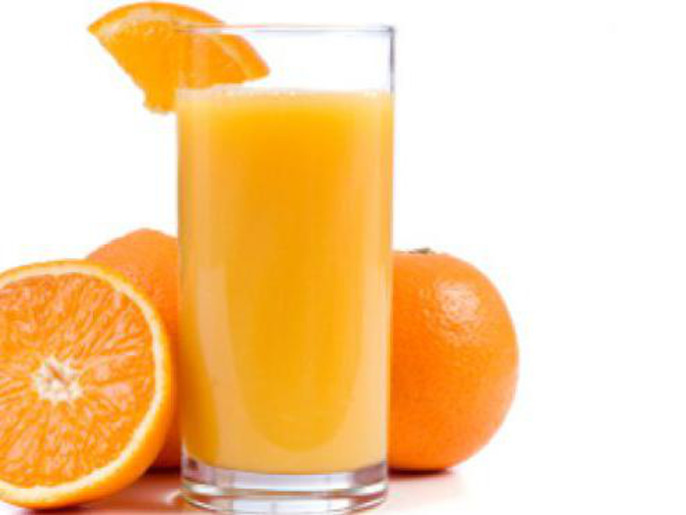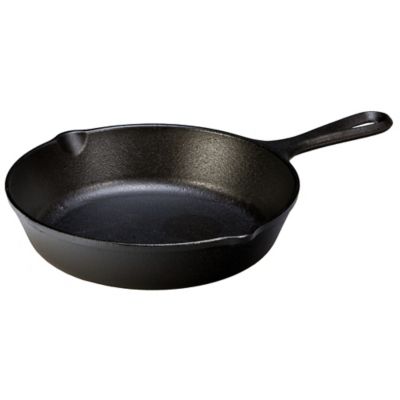Iron is a crucial nutrient as it is involved in multiple physiological processes. The main function of iron involves production of red blood cells and hemoglobin. When you have low iron levels, you may develop iron deficiency anemia. This is actually one of the most common nutritional deficiencies in the world, affecting over 30 percent of people worldwide. The good news is there are methods to help raise iron levels fast.
How to Raise Iron Levels Fast
The following methods working together can help raise the iron levels.
1. Limit Foods that Decrease Absorption

Some foods will actually block your digestive system’s ability to absorb iron. This means that no matter how much iron you eat, your body won’t get all of it. Oxalic acid in certain green vegetables such as spinach can bind with iron in your intestine, interfering with absorption. Other offenders include whole grains, dairy products, tea, coffee, soda, and chocolate.
2. Eat More Heme-Iron Foods

Heme-iron food sources are things like seafood, fish, and meat. Eating these sources of iron will help you increase your iron stores quickly. Some of the best choices are chicken liver, beef liver, and oysters. If you can’t find those, opt for dark turkey meat, top sirloin, ground beef, or chuck beef.
3. Eat More Non-Heme Iron Foods

How to raise iron levels fast as a vegetarian? Try the non-heme iron foods. Leafy green vegetables and legumes such as pumpkin seeds, beans, lentils, and tofu are good choices.
The following table shows you the iron-rich foods. You can select the ones that meet your taste and needs.
|
Meat & Eggs |
Seafood |
Bread & Cereals |
|
|
|
|
Vegetables |
Fruits |
Beans & Other Foods |
|
|
|
4. Opt for Iron-Fortified Foods
With today’s advances, you can buy foods that are fortified with iron. While they will be more processed and therefore can have a lot of salt, sugar, and fat without much fiber, they will help you raise your iron levels quickly.
5. Consume More Vitamin C

How to raise iron levels fast? Include vitamin C in your diet. Vitamin C actually boosts your body’s absorption of iron, so try drinking some orange juice with an iron-rich meal.
6. Use Cast Iron Crockery

Interestingly enough, the type of iron you need to consume is the same as that found in metal cookware, just being smaller. That means that cooking with cast-iron pans and pots will actually leach a bit of iron into what you eat.
7. Take Supplements
One of the ways of boosting your iron levels is taking supplements. There are liquids and pills available, but keep in mind that you will need to take them for at least a few months to build up enough iron stores. Your doctor can do a blood test to discover your ideal dose.
8. Get an Injection
If your iron deficiency doesn’t improve with the help of dietary changes and supplements, your doctor may suggest an injection. This method requires medical administration in a setting like your doctor’s office or a hospital. Iron shots are commonly prescribed for those on erythropoiesis-stimulating agents as these increase the body’s iron requirements by boosting blood cell production.
It can sometimes lead to side effects like anaphylaxis due to an allergic reaction, fainting, low blood pressure, dizziness, or nausea.
9. Have a Blood Transfusion
In the cases of severe iron deficiency, you may require a red blood cell transfusion. It is necessary if you are actively bleeding or have symptoms like weakness, shortness of breath, and chest pain. Transfusions won’t completely correct your iron deficiency; they only replace your deficient red blood cells, meaning they provide temporary results.
10. Treat Your Underlying Cause
The following conditions can lead to low iron levels and your doctor can help you figure out which is to blame. The cure of the underlying causes is essential in how to raise iron levels fast.
- Heavy Periods: Women who experience heavy periods have a risk of developing iron deficiency, particularly in the cases of menorrhagia, and heavy bleeding over multiple consecutive cycles.
- Inability to Absorb Enough Iron: In certain cases, your body won’t be able to absorb iron well, particularly if you have an intestinal disease like Crohn’s and celiac or have intestinal surgery. Some prescription medications to reduce stomach acid may also interfere with absorption of iron.
- Exercise: Athletes tend to have a higher risk of iron deficiency since exercising increases the amount of iron the body needs. Hard training leads to red blood cell production and you lose iron through sweating.
- Internal Bleeding: Medical conditions like polyps in the intestines or colon, stomach ulcers, and colon cancer can lead to intestinal bleeding, which in turn causes an iron deficiency. Using pain relievers regularly can also lead to stomach bleeding.